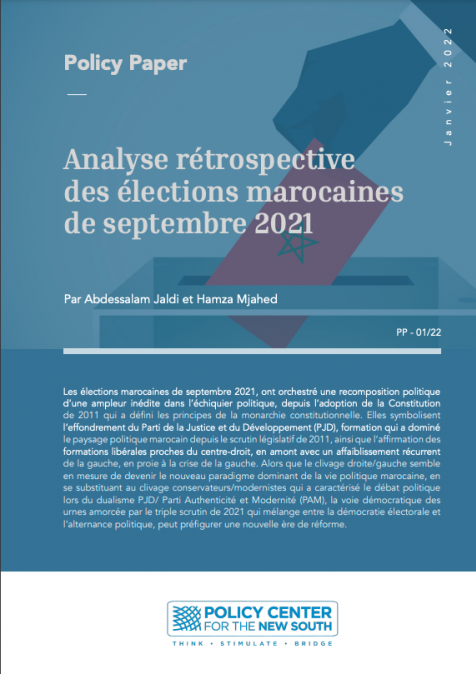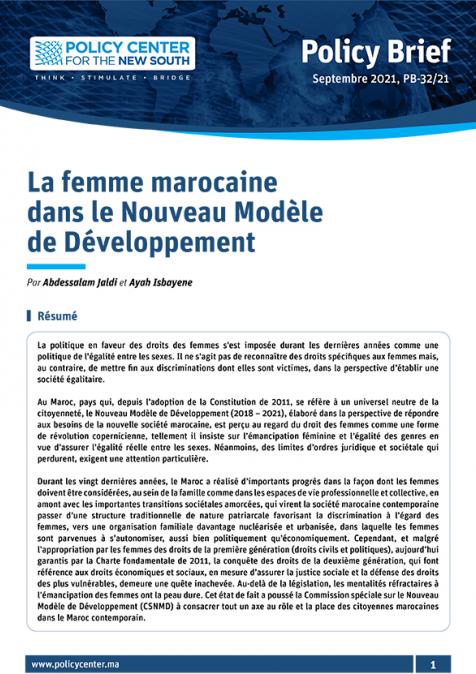تتناول هذه ا الحلقة الجديدة من برنامج حديث الثلاثاء قضية تقنين القنب الهندي في المغرب. ما هي آخر التطورات القانونية في هذا المجال؟ ما هي الفرص التي يمكن للمغرب أن يغتنمها لإنجاح هذه الاصلاحات كي تشكل أداة جديدة لتحقيق تنمية شاملة ومستدامة يستفيد منها العباد والبلاد؟ وما هي أهم التحديات والعوائق والدروس التي يمكن نستخلصهما من تجارب ونماذج اخرى في العالم؟
Speakers

Ahmed Ouhnini
Economist, Policy Center for the New South
Ahmed Ouhnini is an Economist at the Policy Center for the New South. His research area covers agricultural economics, human and social development. Previously, he has worked as a researcher at the Paris School of Economics (PSE) and has also a record of working in consulting services in Morocco. Ahmed holds an engineering Diploma in Agriculture and Rural Development from the National School of Agriculture of Meknes and a Master’s Degree in Law, Economics and Management from the Paris 1 Pantheon Sorbonne Institute of Development.
...

Akram Zaoui
Chargé de Mission to the Executive President
Akram Zaoui is a Senior International Relations Specialist and Chargé de Mission to the Executive President at the Policy Center for the New South (PCNS). Prior to this, he was Manager of Research Support and the Public Policy Lab at the PCNS. His main area of interest is the geopolitical economy of the Extended Middle East and North Africa (MENA) region.
From 2018 to 2020, Zaoui was the coordinator of a network of 70+ civil society organizations (CSOs) across France, working with foundations, government, local communities, and the private sector.
Zaoui holds a dual degree in corporate and public management from HEC Paris and Sciences Po, as well as a bachelor's degree (licence) in history from Université Paris 1 Panthéon-Sorbonne. He audited courses in Iranian and Shia Stud ...





